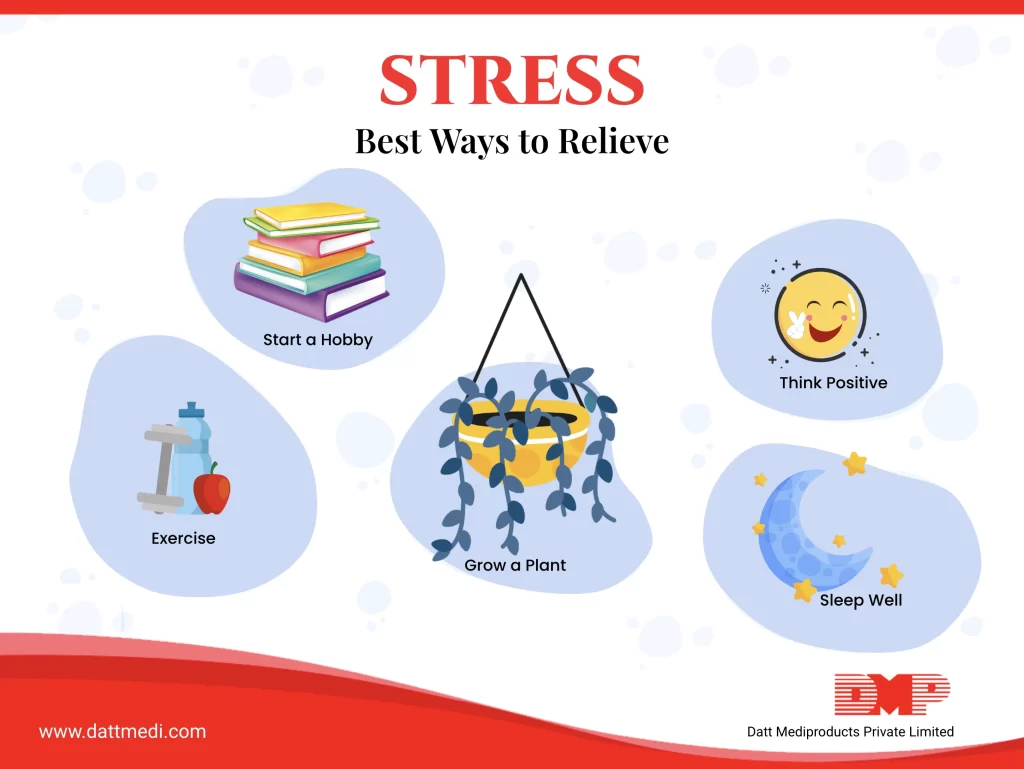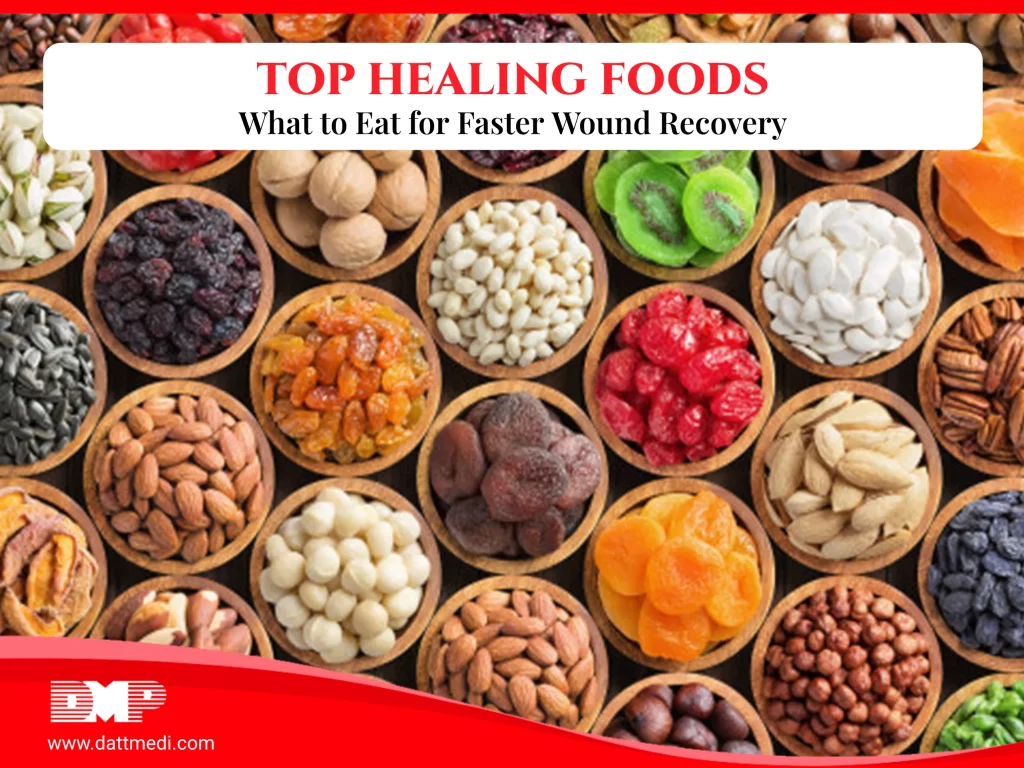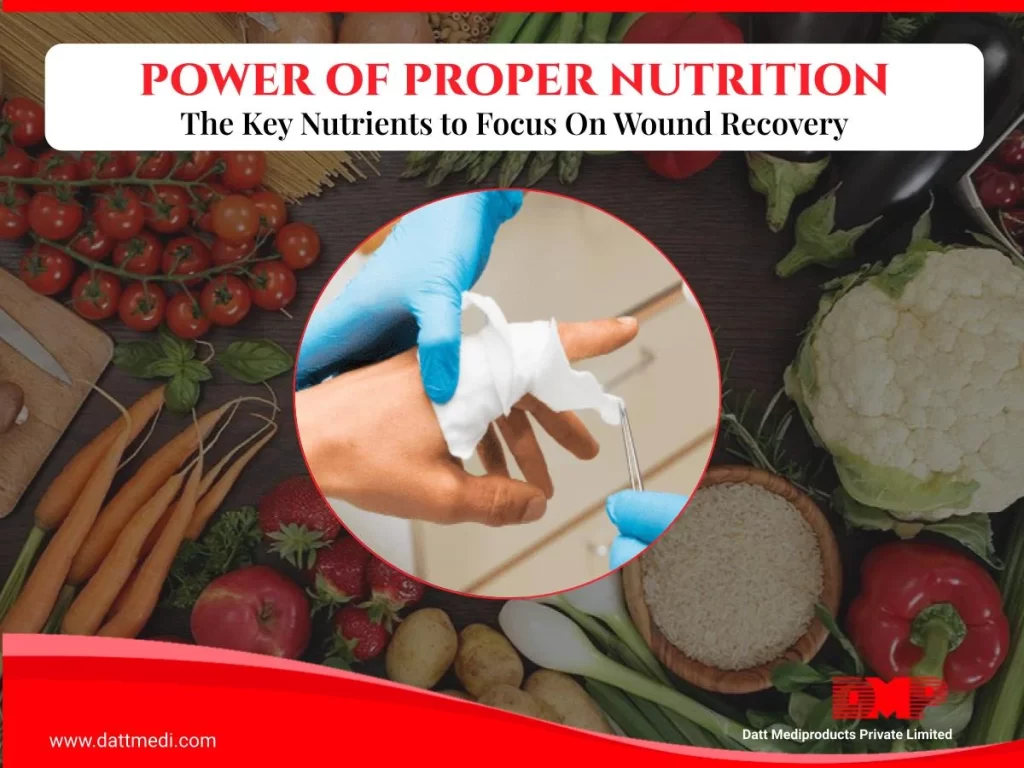
Stress is the human body’s reaction to a challenge or demand. It is a feeling of emotional or physical tension, triggered by a range of events ranging from minor ones like everyday hassles to major ones such as a medical condition, legal issue, or divorce.
The body’s response may include physical changes such as elevated blood pressure, our heartbeat, and emotional responses like fear, anger, anxiety.
We often perceive stress as an outcome of negative events in our lives but it may emerge as a result of positive life changes as well such as having a baby or a big work promotion.
Stress is an unavoidable part of our lives. If left untreated, stress can cause some serious physical and mental health issues. It should never be ignored.
We bring a few helpful strategies to reduce and manage your stress.
EXERCISE:
Exercising doesn’t necessarily be lifting weights in the gym, a simple walk or stretching can also offer immediate relief when stressed, as it releases endorphins to instantly lift the mood. Prioritize physical activity as its the most essential key to manage stress and improve mental health.
SLEEP BETTER:
Stress causes loss of sleep and lack of sleep is also a cause of stress. It disturbs the normal functioning of your brain and body. Try not to use any electronic gadgets before bed and give yourself time to relax. Get a recommended sleep of at least 7-8 hours.
THINK POSITIVE:
Be optimistic. Practice positive self-talk in a more realistic and compassionate manner. Look for the things you are grateful for. It helps you develop a healthier outlook towards life, manage emotions, and take positive actions.
LAUGH IT OUT:
Laughter improves your mood. When you laugh, it releases endorphins and reduces the levels of stress-causing hormones namely cortisol and adrenaline.
LEISURE ACTIVITIES:
Make time for leisure activities. Start a hobby. It’s a wonderful way to relieve stress. You will feel your best and your performance will increase. Try painting or growing a plant, nurturing it, or dancing it out.
LISTEN TO MUSIC:
Listening to calm & soothing music has been proven to have a positive effect on the brain and body. Music even lowers the stress-causing hormone “Cortisol” and reduces blood pressure.
AVOID UNHEALTHY HABITS:
Alcohol, smoking, caffeine are bad choices to cope up with stress. These might offer temporary relief but are not a permanent solution, the problem remains the same. So, avoid these.
TALK TO SOMEONE:
Stress reduces when a problem is shared with your loved one. Take a break and talk to your friend about your problems. But, sometimes calling a friend may not feel right. Try talking to yourself calmly. Figure out why you are stressed out and say to yourself that everything is gonna be okay.
Whatever the trigger may be the first step in managing stress is to recognize when you are stressed and identify the cause. Then choose these natural ways of relief. Make quick stress relief a habit. Practice wherever you are at home, in-office, or while commuting.
With the covid-19 pandemic, many people are in crisis now. Let’s help ourselves and others with these simple tips from @dattmediproducts for leading a happy and healthy life.




